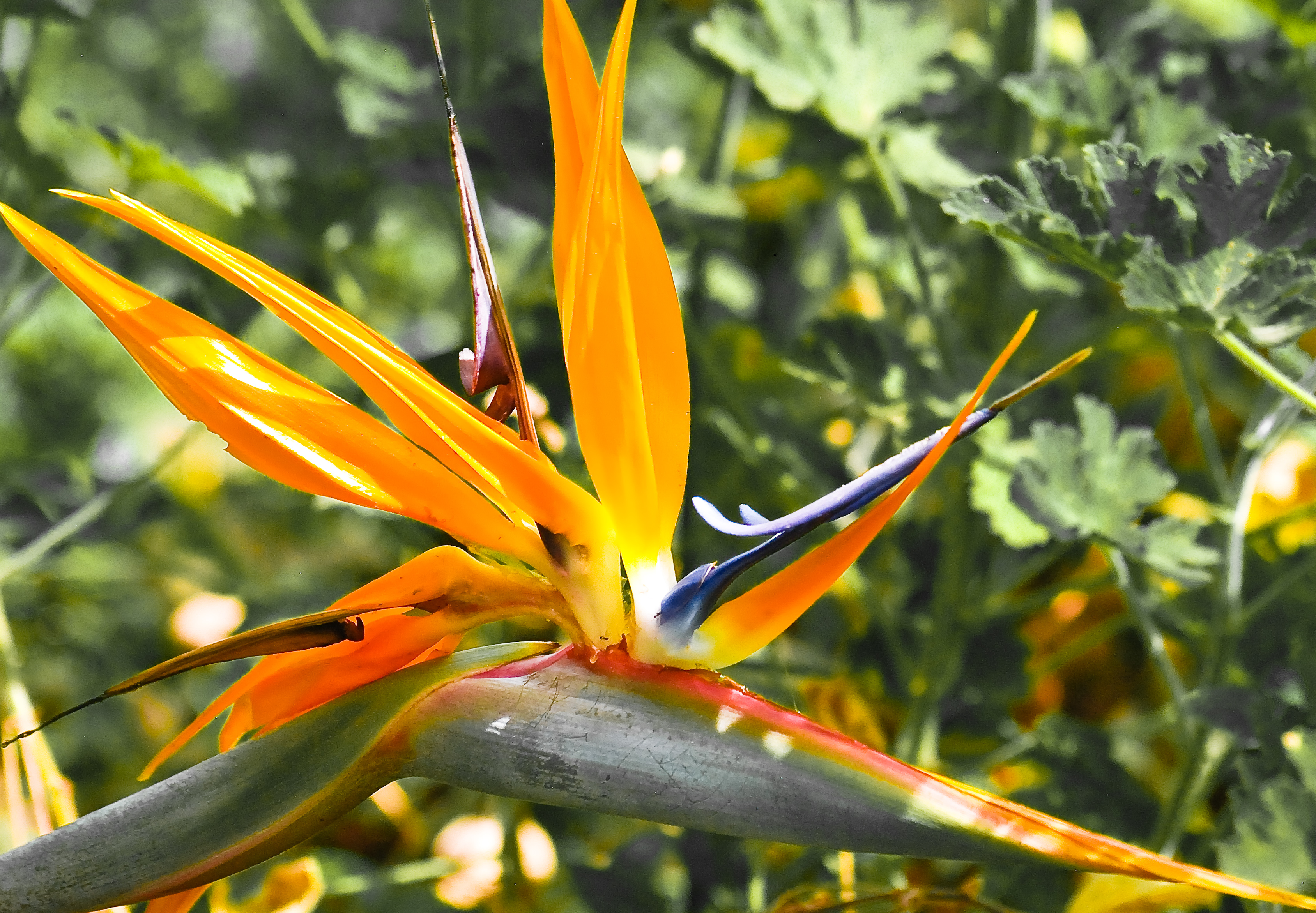Poiesis is the Greek root of the term poetry. In its most general sense, it means to “make.” The internet tells me it means “an action that transforms and continues the world.” Gnosis, the internet tells me, is the “common Greek noun for knowledge.” In my final semesters of teaching, I shifted my focus from thinking about how students learned to how they created knowledge. It was an odd experiment that went against much of my training and much of what circulates as pedagogical knowledge and strategy (where “learning styles” are a major thing and “grading” evaluates what students have “learned”). At some point, I think I had students performing mimes to illustrate what they had learned. And my final exams shifted to oral presentations-where I asked students to describe the most important thing they had learned during the semester. Other experiments included offering students the option to submit creative work instead of a formal essay. I was trying to imagine what it meant to make knowledge. How did one know one was making knowledge? What did it mean to imagine oneself as a knowledge maker?
I have been following two scenes: #rhodesmustfall and #cadaanstudies. #rhodesmustfall takes its energy from ongoing activism at the University of Cape Town, where a coalition of students, staff, and faculty are fighting to have a prominent statue of Cecil Rhodes removed. The coalition argues that the statue is one of the most visible afterlives of imperialism, colonialism, and apartheid, a too-present reminder that Rhodes and those who followed him unhumaned blacks, massacred blacks, and imagined that South Africa would be, to borrow language by Delamere to describe Kenya, a “white man’s country.” That is, South Africa’s resources would belong to whites and would be used to sustain white dominance. The dominant presence of the statue on campus—my geography is shit, so I can’t quite describe where it sits on campus, only that one cannot miss it—affirms and promotes a view of South Africa that insists black lives do not matter. The dominant presence of the statue at the University of Cape Town, billed as the top university in South Africa and, for some, in Africa, affirms and promotes a view that black intellectuals cannot create institutions or knowledge that matters. This view is confirmed by the dismal number of black academics at UCT.
#cadaanstudies focuses, similarly, on the politics of knowledge creation and institution building. Cadaan is Somali for “whiteness.” And the hashtag responds to the establishment of a new journal, Somaliland Journal of African Studies. The journal has no Somalis on its editorial board, editorial staff, or advisory board. And when this was pointed out, a white German anthropologist insisted that there are no Somalis interested in or capable of producing “professional” quality knowledge. #cadaanstudies, it must be said, is part of an ongoing problem in African studies: white scholars and institutions in the global north continue to police what is considered worth knowing about Africa. And many African scholars who seek to be legitimized by these institutions—who seek funding and recognition and jobs and fellowships—frame their research around a limited number of topics designated as worthy. Because Fanon teaches me to take anecdotes seriously: the last time I attended the African Studies Association conference in Philadelphia, I walked through the book exhibition to see what was being published as African studies. I could not stay there. The Africa there was CNN Africa, packaged by academic presses. But definitely CNN Africa.
#rhodesmustfall and #cadaanstudies extend the geographies of #blacklivesmatter. Extend might be the wrong term—let’s see what kind of work it does.
As it has taken shape in Ferguson, Missouri, #blacklivesmatter has focused on policing practices and infrastructures. It has paid attention to the percentage of blacks arrested and the percentage of whites in powerful positions. It has focused on the racial distribution of power and the cultures enabled by that distribution of power, cultures deeply embedded within structures of knowledge, including the knowledge known as “common sense.” #rhodesmustfall asks what it means to occupy a hostile infrastructure—to inhabit a space where an architect of death-making antiblackness is venerated, a space where one’s achievements are shadowed by contempt. A space where one’s body is understood as capable of learning—sometimes—but never really capable of producing knowledge. A space where knowledge is understood to be made by white bodies. A student at UCT pointed out, for instance, that it’s only recently that African studies has been made available as a Masters level subject. It is not available for undergraduates. One is negated.
A cold—and the fuzzy thinking it produces—makes me unable to map, if only briefly, how black scholars have engaged with the politics of knowledge. Such a map would engage questions of who produces knowledge, who distributes knowledge, who values knowledge, where knowledge is produced, where knowledge is distributed, and where knowledge is valued. It would look at how knowledge practices create imaginations and worlds, livable lives and disposable bodies. It would look at knowledge practices as infrastructural practices: the buildings we sit in, the trees we sit under, the food we consume as we learn, the statues we pass, the streets we walk on, and the names we associate with knowledge making and institution building. It would bridge the streets of Ferguson and the lecture halls of UCT.
A final note: hashtags are difficult to weave. At best, one hopes the juxtaposition of #rhodesmustfall, #cadaanstudies, and #blacklivesmatter creates space for dialogue (to this, I could add similar knowledge struggles in the Netherlands and in Quebec and in Kenya). That it might be possible to think of knowledge making and knowledge circulation as transformative practices, that we can continue to ask how structures and infrastructures of knowledge production make and unmake worlds and possibilities.
